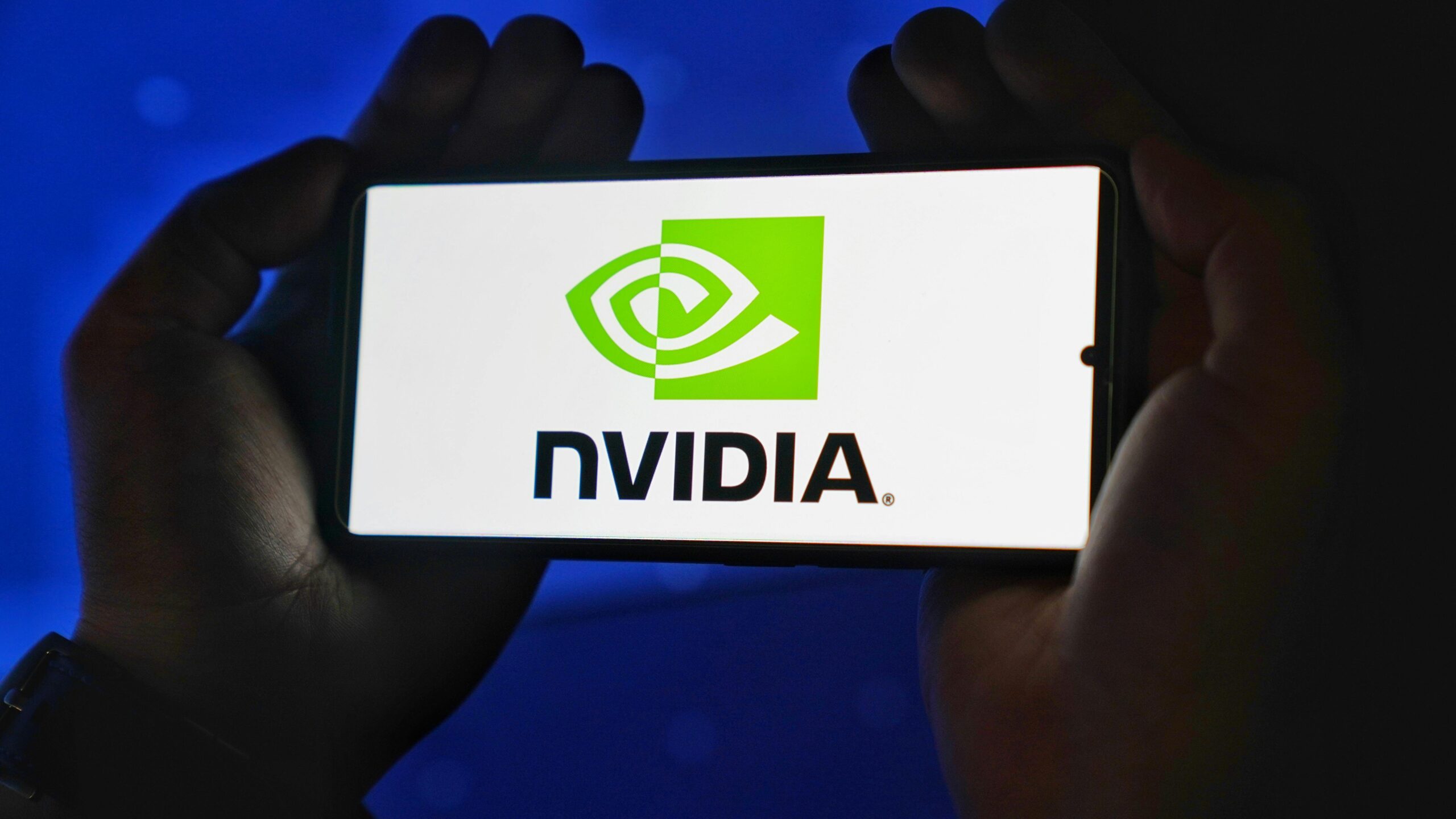
An account affiliated with China’s state broadcaster CCTV has warned that Nvidia’s chips may present security concerns, following Beijing’s heightened scrutiny over potential backdoor access. In a post published on WeChat, the Yuyuan Tantian account claimed that the company’s H20 chips are neither technologically advanced nor environmentally friendly. The post concluded that consumers have the option to reject products that fail to meet those standards.
The H20 artificial intelligence chips were developed specifically for China after the United States introduced export restrictions on advanced AI chips in late 2023. In April, the administration of U.S. President Donald Trump banned their sales amid growing trade tensions with Beijing, but later reversed the decision in July.
Beijing’s Security Concerns
China’s Cyberspace Administration said it had summoned Nvidia to a meeting on July 31, seeking clarification on whether the H20 chips contained any backdoor mechanisms — hidden methods that could bypass normal security protections. Nvidia subsequently denied that its products contained such vulnerabilities, stating that there were no features allowing unauthorized remote access or control.
Yuyuan Tantian’s article nevertheless claimed that Nvidia’s chips were capable of executing functions such as “remote shutdown” through a hardware backdoor. The remarks echoed earlier criticism from People’s Daily, another state media outlet, which urged Nvidia to provide clear and convincing proof that its chips are secure in order to restore trust among Chinese consumers.
What The Author Thinks
Security accusations against major tech companies often linger even after official denials, and in this case, the political context makes it even harder to put concerns to rest. For Nvidia, the real challenge is not just proving the absence of backdoors but convincing a market that may already be inclined to mistrust U.S. technology. Without a transparent, verifiable response, these doubts could limit its foothold in China regardless of product performance.
Featured image credit: UMA media via Pexels
For more stories like it, click the +Follow button at the top of this page to follow us.
